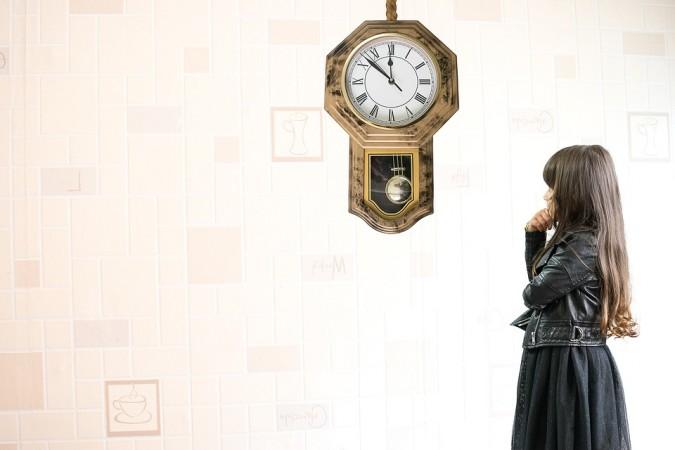
Age is not just a number, it can tell a lot about your health and can also predict your mortality, but we aren't talking about the chronological age here which is counted on the basis on the number of birthdays we've celebrated.
A far more accurate predictor of these is our biological age. It can vary due to various factors like lifestyle choices that include diet, exercise, habits like smoking and drinking, stress and genetics.
This is the reason why sometimes people look older than their age or some look fit at the age of 60. Since biological age can predict our health condition and mortality, for years, scientists have tried to come up with an accurate 'aging clock' to measure it and now, they have finally achieved it.
Artificial Intelligence scientists at Insilico Medicine analyzed blood data from 130,000 South Koreans, Canadians, and Eastern-Europeans – the largest blood pool ever used in a health study and invented the most accurate Aging Clock -- a clock and a free website that will tell you your biological age. It can tell you if you are growing old too quickly and when are you likely to die. The results of the study were published in the Journal of Gerontology.
Dr Alex Zhavoronkov, CEO of Insilico Medicine and the 'brain' behind the Insilico Medicine Aging Clock, told IBTimes India: "We age differently at different rates at every level of the organization, from the atomic level, molecular level, cellular level, same goes for the tissues, organs, organ systems, the entire body and even human psychology (we behave differently as we grow older)."
And, the 'aging clock' measures the rate of aging at each of these levels and assesses the current snapshot of the process.
Though the idea of the aging clock is not new, scientists had not reached the accurate way to measure it until now because most of them tried to assess the biological age using just one data type - for example, by looking at DNA methylation or a level of specific protein in the blood.
Dr. Zhavoronkov explained: "So, when the revolution in deep learning started, our team started training the deep neural networks to predict the age of the person in the more or less healthy state using many data types."
Their team first started experimenting with very simple data types like common blood and urine tests and expanded into gene expression, protein expression, and more exotic data types that can provide a lot of biological insights into the most important factors that transpire during aging.
They used AI to analyze and compare the data from so many thousands of people in their study helping them to create a computer algorithm regarded as the first reliable aging clock for humans.
Dr. Zhavoronkov said: "In the future, we would like to show people what do they need to do to look and feel younger."
He added: "We even started performing a sort of neurosurgery on the deep neural networks trained on millions of samples to identify what mechanisms we can target with drugs and other interventions to reverse the aging clocks and prevent diseases. This is on-going work."
He further went on to say: "At this point in time, we cannot claim any medical benefits and provide this test as a game for people to track their age predictions over time and see what makes them older or younger as they journey through life. Think of it as PokemonGo, where you play, but also learn and exercise."
Though Dr. Zhavoronkov wants the users to take it just like a game he believes, if they find that their bodies are aging faster they should have a proper check-up.
Individuals interested in knowing their biological age can visit the website Young.AI, where subscribers can get to know their biological age for free. They will be asked to upload at least 18 parameters that appeared in their latest blood test.
They will also be asked to upload a photo, allowing another Insilico AI-driven algorithm, one that recognizes signs of aging in photographs, to make the user's biological aging estimate even more precise. The report will appear within seconds after the blood work data and the photo is uploaded to the website.
Blood tests have been only used to diagnose disease and monitor our health but now, they can now also be used to give us a preview of what lies ahead. If the aging clock test shows that the user is not aging well, it can be used to alter our lifestyle and might even change our fate.

















